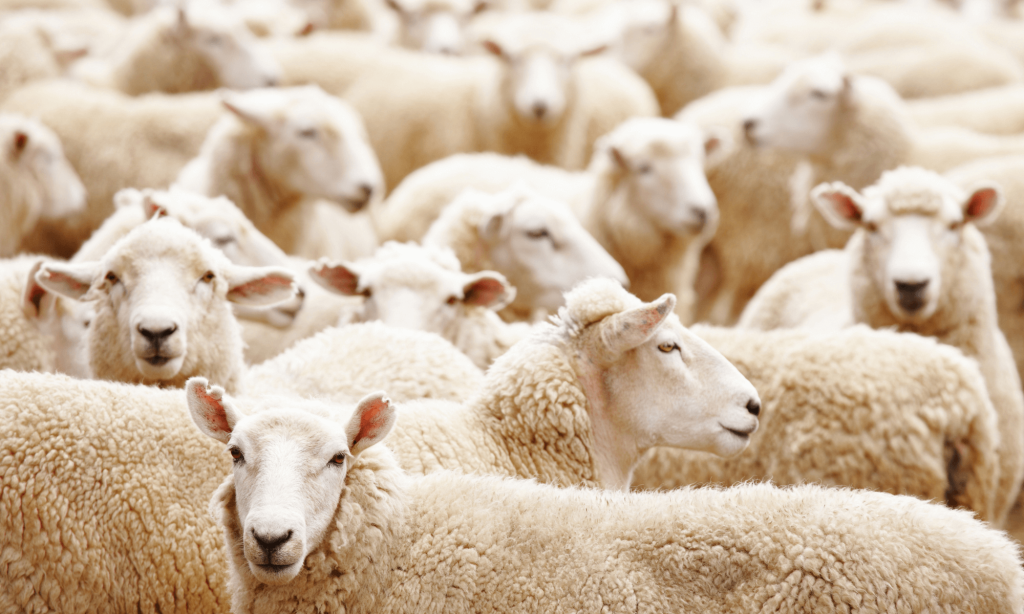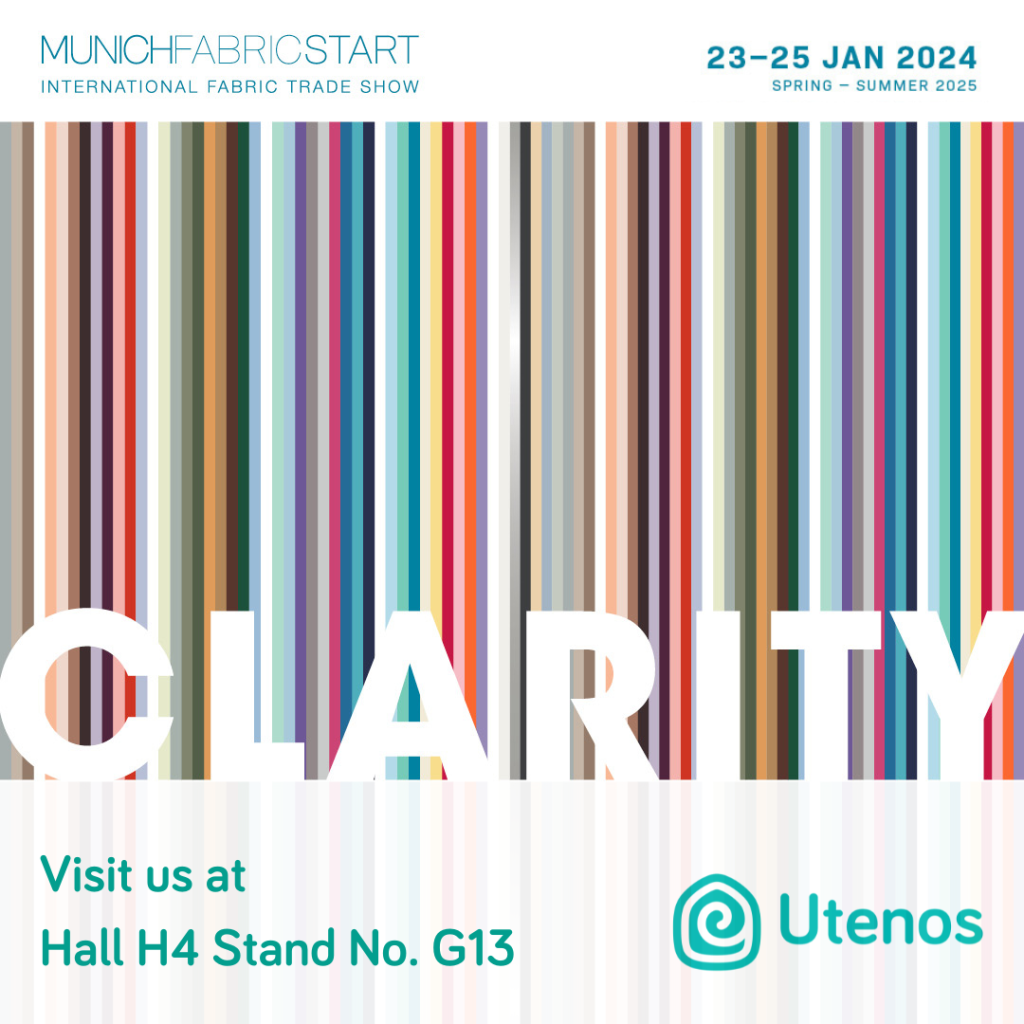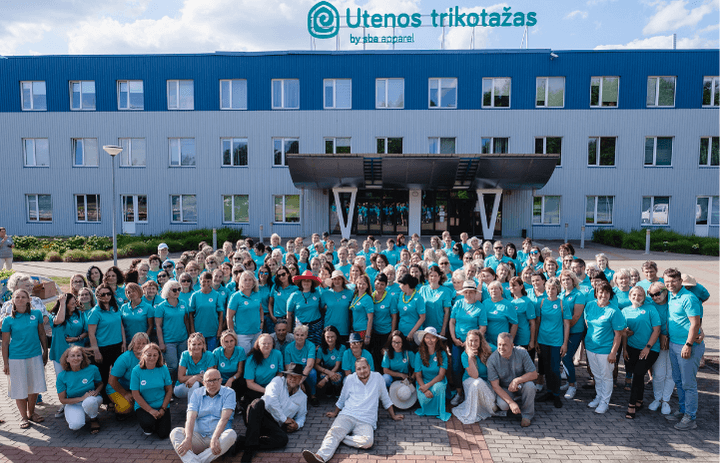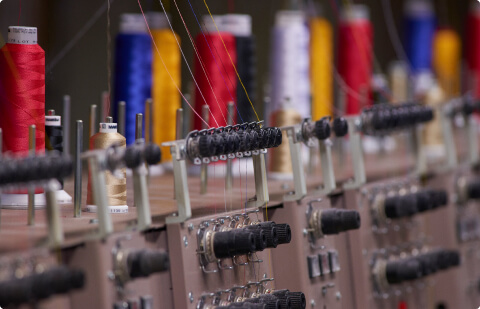Embracing Circularity in Textiles: The Dawn of Transformative Industry Shift

One of the pressing sustainability issues that we identified in our recent article, in collaboration with Charles Ross , was the challenge of #circularity in textiles. And we couldn’t think of anyone better suited to delve into the depths of this topic than Anne Prahl PhD – a Design Consultant with over 25 years of experience in the sports, outdoor, and lifestyle sectors.
Anne is the founder and innovation director of Circular Concept Lab, a collaborative innovation network and consultancy that brings together diverse partners from across the product lifecycle and supply chain to create, scale, and implement impact-driven circular design tools and industry solutions.
Circularity as a Strategic Mindset
Circularity, as a strategic mindset, stands as a crucial driving force behind the selection of lower-impact materials. This encompasses not only the choice of recyclable or biodegradable materials but also places emphasis on selecting inherently lower-impact options, such as natural and renewable resources.
Anne also emphasizes the significance of materials enabling fiber-to-fiber recycling, highlighting the necessity for collaboration between material innovators, textile mills, and designers to achieve circularity in product design. The synergy between these stakeholders is pivotal in applying a strategic circular approach.
“Teaching designers how to create circular products relies on strong partnerships between material innovators, textile mills, and embracing circular design principles.”
As the industry navigates this era of transition, the circularity-driven approach is poised to redefine the future of fashion – one durable and recyclable garment at a time.
Prioritize Durability: Future Technology Might Enable Recycling That’s Currently Unthinkable
“Durability and recyclability stand as key elements,” Anne emphasizes, acknowledging the industry’s shift toward mono materials. She strongly advocates for producing goods with extended lifecycles, even if current recycling methods don’t immediately support them.
“While certain materials may appear unrecyclable now, technological advancements over the next decade could entirely reshape that narrative.”
Although products don’t have to be recyclable tomorrow if designed for a long product life, potentially with several different product users, designers still need to be aware of existing and emerging technologies to design recyclability for the future.
The Game Changer: The EU Strategy for Sustainable and Circular Textiles
By 2030, textile products introduced to the EU market will need to be long-lasting, recyclable, predominantly made from recycled fibers, free from hazardous substances, and manufactured while respecting social rights and the environment.
“The EU’s emphasis on circularity within textile regulations is already driving brands to educate designers on circularity while stressing the importance of durability, recyclability, and product reuse and repairability,”

These regulations not only highlight the principles of circularity but also mandate their implementation. The directives encompass designing more durable products, incorporating higher percentages of recycled materials, emphasizing recyclability, repairability, and reusability — representing a fervent call to action for designers and brands to align with these imperatives.
One way to drive positive change is by reimagining materials beyond their traditional uses.
“Consider wool, once confined to simple jumpers, now making strides in innovative applications for outerwear and sportswear; it’s a testament to this ongoing evolution,” emphasizes Anne.”

Circularity Costs: Debunking Common Beliefs
A critical focus lies in dispelling misconceptions regarding the costs tied to circularity, as these are often cited as a barrier to choosing more innovative materials and integrating disassembly-enabling technologies into products. The growing demand for recycled materials, complemented by big strides in disassembly and recycling technologies, is progressively narrowing the gap between cost and sustainability.
Anne contends that while circularity might presently appear financially unfeasible, rising demand will enhance affordability. She cites Resortecs‘ smart stitch and disassembly technology as a viable, cost-effective solution, and the company has carried out significant studies to demonstrate cost benefits. In addition, simpler technologies, such as COATS’ EcoCycle thread, can enable disassembly through washing products at 95 degrees. The more brands integrate these types of technologies into their design and development, the more accessible they will become.
The journey toward circular fashion gains momentum as brands recognize the imperative to train designers, embed circularity principles into strategies, and broaden material selections to fuel innovation. Circular design is no longer abstract; it’s a strategic roadmap sculpting the fashion industry’s future.
Let’s meet in Munich Fabric Start

After a two-season absence, Utenos Trikotažas is returning to MUNICH FABRIC START – the first herald of spring and summer. It has been a while, so we invite you to schedule a meeting with us for an exclusive VIP tour through our latest developments.
For any inquiries or additional information, please feel free to reach out to Laura Tutkuviene, at laura.tutkuviene@ut.lt or via cell phone at +37061153099.
STAY UP-TO-DATE WITH UTENOS TRIKOTAŽAS
BY SIGNING UP FOR OUR NEWSLETTER – NEVER MISS AN UPDATE!
About Utenos Trikotažas
Utenos Trikotažas Group stands as one of the largest and sustainable knitwear manufacturers in Central and Eastern Europe. Our specialized focus lies in on-demand ready-to-wear production and jersey fabric development, covering the entire production process from yarn to finished products. Collaborating with leading international brands across the fashion, performance, and sustainable lifestyle sectors, Utenos Trikotažas exemplifies excellence.
As a part of the @SBA Group, comprising 30 companies and employing over 4,000 professionals, Utenos Trikotažas operates three factories. Our organization places a premium on environmental and social responsibility, utilizing organic fibers, non-toxic chemicals, ensuring fair employee compensation, and maintaining transparent production processes.


